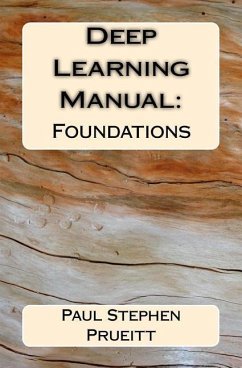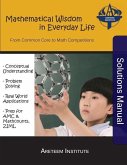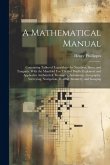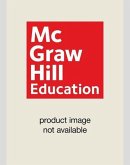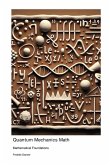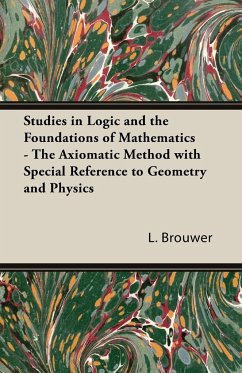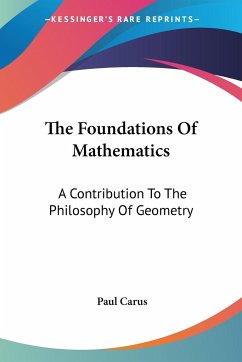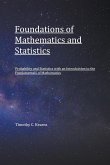In this second in a series of Deep Learning Manuals, Dr. Paul Stephen Prueitt delivers an easy to read, step-by-step guide for applying deep learning methods to foundational topics in Liberal Arts Mathematics for college freshmen. It is the culmination of over thirty years of knowledge science-based research and field testing in classrooms across the US.According to a recent survey of college freshman in classes in which these methods were used, on average, over 88% of students whose experiences in previous mathematics courses were not positive indicated improved understanding beyond their original expectations after using the principles in this manual.This has nothing to do with so-called "new math" or similar fads. Rather, it's a series of evolutionary steps toward creating a rich learning environment based on guided mentoring, self-discovery, and peer-oriented discussion in small groups using social media. As such, it is useful for both students and educators alike.Although originally intended for use in a "Second School" learning environment, readers not registered in a Second School class can still use this manual to start experiencing this new style of learning.The chapters are short, focusing on one foundational principle of mathematics at a time. You'll find that most of your time using this manual will be spent thinking, with less time reading - the complete opposite of how most classes are taught.The "thinking" periods are short, lasting about ten minutes. Think. Write. Reflect on what you've written. Take a break and do something totally different. Then come back to the topic, looking at it from a slightly different perspective. Repeat the process, as you continue to learn and grow.Deep learning is a gift that just doesn't last a lifetime. The more you use it, the more you'll realize that there's no limit to what you can discover. Best of all, it's not like cramming your head full of facts, dates, names, places, and the like. It's real, experiential knowledge you can feel deep in your bones - in your very being.Give the exercises a try and experience the benefits of deep learning for yourself. You won't be disappointed.
Hinweis: Dieser Artikel kann nur an eine deutsche Lieferadresse ausgeliefert werden.
Hinweis: Dieser Artikel kann nur an eine deutsche Lieferadresse ausgeliefert werden.

